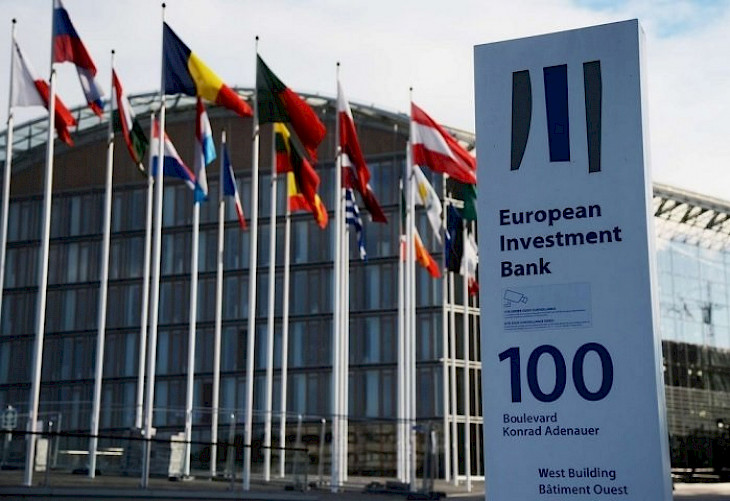Private companies in Turkmenistan benefit from significant competitive advantages thanks to low energy prices and affordable labor, said Eric Livny, Head of the European Bank for Reconstruction and Development (EBRD) representation in Turkmenistan, in an interview with Trend news agency.
According to Livny, state subsidies allow businesses to access key resources such as electricity, water, and land at very low costs, creating favorable conditions for growth.
“These advantages have driven the rapid expansion of import-substitution industries, which, due to limited domestic demand, are now increasingly shifting their focus toward exports,” he explained.
Livny identified the plastic packaging, construction materials, and greenhouse agriculture sectors as some of the most competitive. Among successful examples, he mentioned Tudana, which supplies greenhouse-grown strawberries to the leading Uzbek retail chain Korzinka, and Miwe, an agro-industrial firm managing a 100-hectare greenhouse that grows bananas for both domestic and export markets.
As part of its renewed engagement in Turkmenistan, the EBRD aims to expand cooperation with local banks—particularly in supporting foreign trade operations and financing small and medium-sized enterprises through follow-on lending.
The European Bank for Reconstruction and Development, founded in 1991 by 40 countries and two international organizations, currently operates in 34 economies. It began working in Turkmenistan in 1992, with a mission to promote financial stability, support private sector development, and build institutions that enhance business connectivity.
CentralasianLIGHT.org
July 30, 2025

